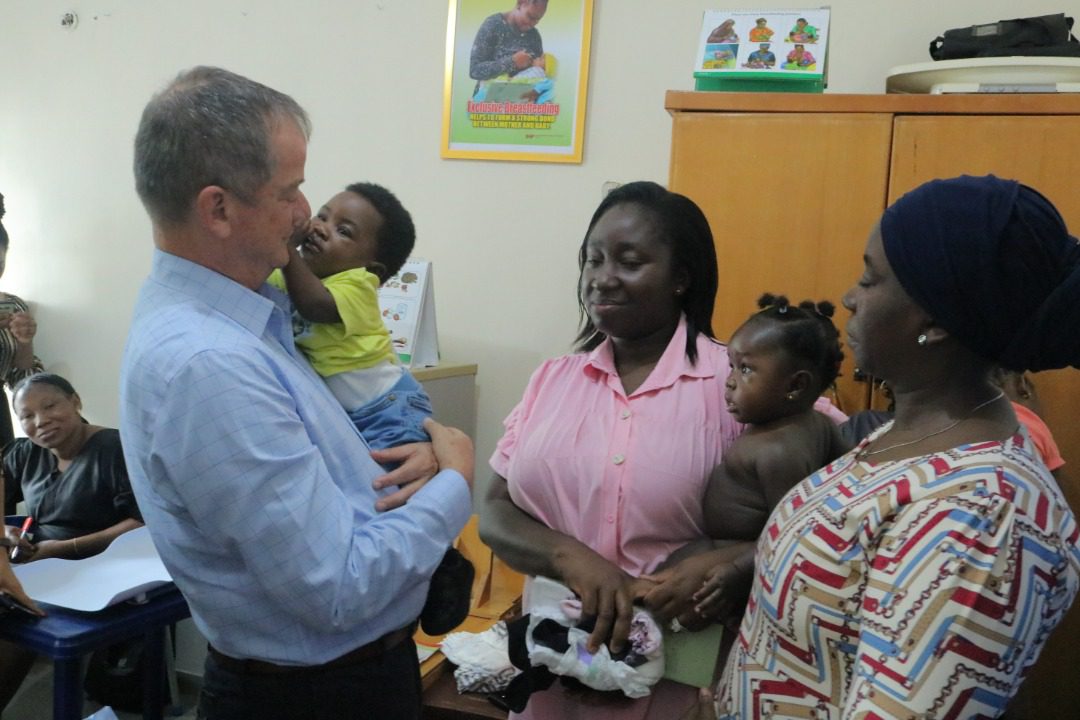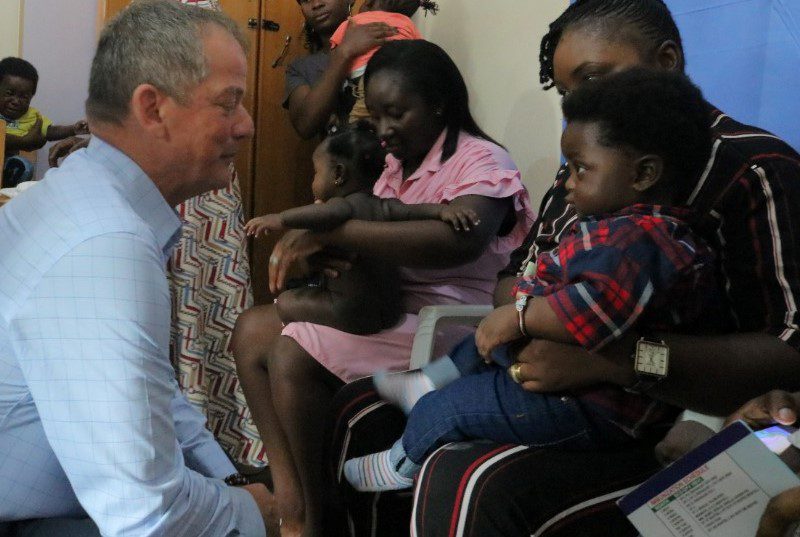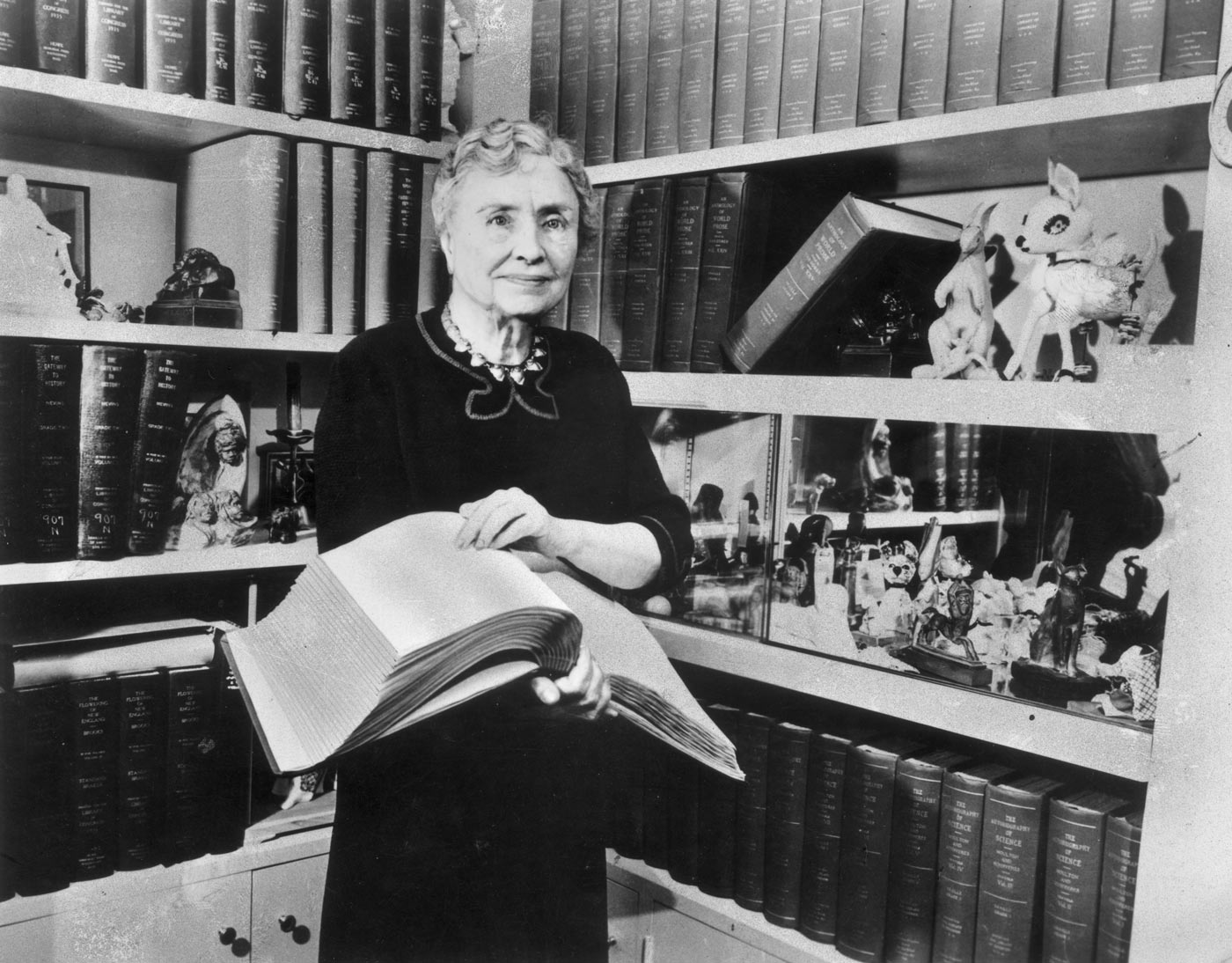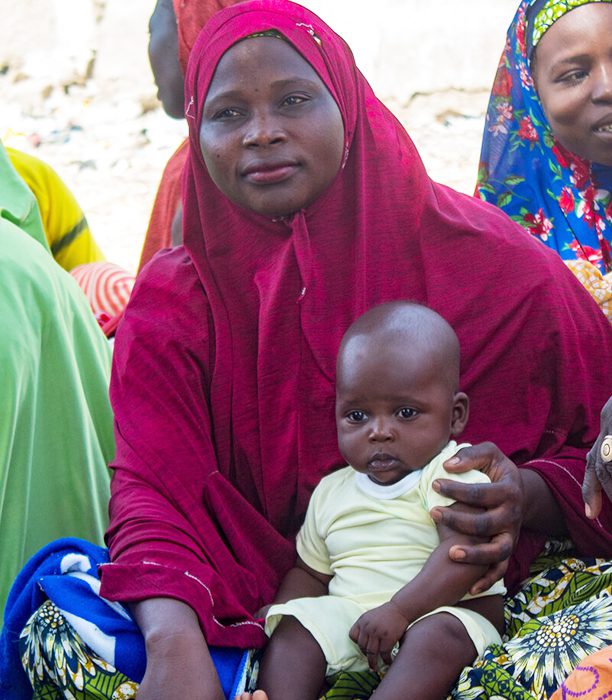
Wonderful to be Back Home
My last day in the Helen Keller Intl regional office in Dakar, Senegal, as Vice President for our Africa programs, was July 31, 2013. It was a bittersweet moment: I left behind work I love, a wonderful team, and had great anxiety about leaving Africa, where I had lived for more than 25 years. I moved to the great privilege of leading nutrition programs at the Bill & Melinda Gates Foundation for six years, and then to take on the role of Chief Nutritionist at USAID for three years. However, my heart has always been in the field, and returning to Helen Keller as Chief Program Officer has been coming home in so many ways – coming home to the program work that truly transforms people’s lives, coming home to an organization I admire, both for what we do and how we do it, and on a personal level, being able to live back in West Africa where my heart and family reside. Six weeks back, I feel the timing is propitious. Our work is more important than ever, and there are exciting new solutions that can transform the lives of mothers and children.
At the heart of every food crisis is a child nutrition crisis
One of my deepest concerns right now is that the nutrition of children and mothers is under threat by the compounded effects of COVID-19, climate crises, and increasing conflicts in the countries where we work, further aggravated by Russia’s war against Ukraine, disrupting global food supplies. While the most visible impacts of these crises grab the headlines, the biggest devastation on children’s lives is largely invisible. Malnutrition drives almost half of children’s deaths. For children who survive malnutrition, their cognitive and physical development is undermined, locking them and their families into a vicious cycle of poverty. Even before this onslaught of crises, the world was not nourishing our children. Across low- and middle-income countries, only 19% of infants and young children received a minimum acceptable diet, and for families living in deep poverty, this figure is even worse. UNICEF’s 2021 flagship report, to which Helen Keller experts contributed, Fed to Fail: The crisis of children’s diets in early life, underscores the issue and is a call to action. A world in crisis makes it even more urgent that we act.
Enter a simple solution in a small package
As our co-founder, Helen Keller said, “Optimism is the faith that leads to achievement”, and one of the things that keeps me optimistic is that Helen Keller Intl and peer organizations are working together to address seemingly intractable problems, like malnutrition and poverty.
In fact, as I write, researchers across the world, led by the University of California – Davis, have published a statement Nature Food about breakthrough evidence that identifies a solution that could save millions of children’s lives.
A small packet of nutrient-dense paste — just four teaspoons — is a cousin of the foods typically used to treat children with acute malnutrition. Currently called small-quantity lipid-based nutrient supplement — it is harder to pronounce than to use! — it can be added to the food children already eat or it be consumed as a snack. The benefits are transformational, reducing malnutrition, anemia, and development delays, and most importantly, reducing deaths in this critical age group by a remarkable 27%.
I am privileged to be part of this coalition that are joining forces to turn this evidence into action for the children most at risk. This is yet another tool in our powerful toolkit to solve malnutrition.
Taking inspiration from vitamin A supplementation
Three decades ago, the world was at a similar juncture with vitamin A. Studies had demonstrated that vitamin A saves children’s lives and sight. Would these studies sit on shelves, or could we galvanize action for the world’s children? Today, Helen Keller works with partners to deliver vitamin A to more than 32 million children in 13 countries, and child mortality and blindness have dramatically decreased.
The publication on the dramatic benefits of these new nutrient supplements marks a similar turning point, and Helen Keller is committed to turning this groundbreaking research into action for children once again.
A solution mothers and children love ensures a brighter future
Most importantly, mothers see the impacts of life-saving supplements on their children. A mother from Niger, Baban Kori, reports, “We observe that the child who consumes it thrives better than another child who does not consume it.”
Helen Keller started bringing this solution to families early on. In partnership with the International Food Policy Research Institute and ministries of health in Burkina Faso and Mali, an with generous funding from Global Affairs Canada, we delivered these products to children most in need. The results underpin our new efforts to bring this solution to families, right here in Senegal, where I’m based, with generous support from the Church of Jesus Christ of Latter Day Saints.

With my 1,000 Helen Keller colleagues working across 20 countries and in partnership with governments, community health workers, and families, we are creating healthier lives for the youngest citizens among us. I am energized about the potential of these life-saving supplements for the children I see every day in Senegal – and in the other countries where Helen Keller is at work.




